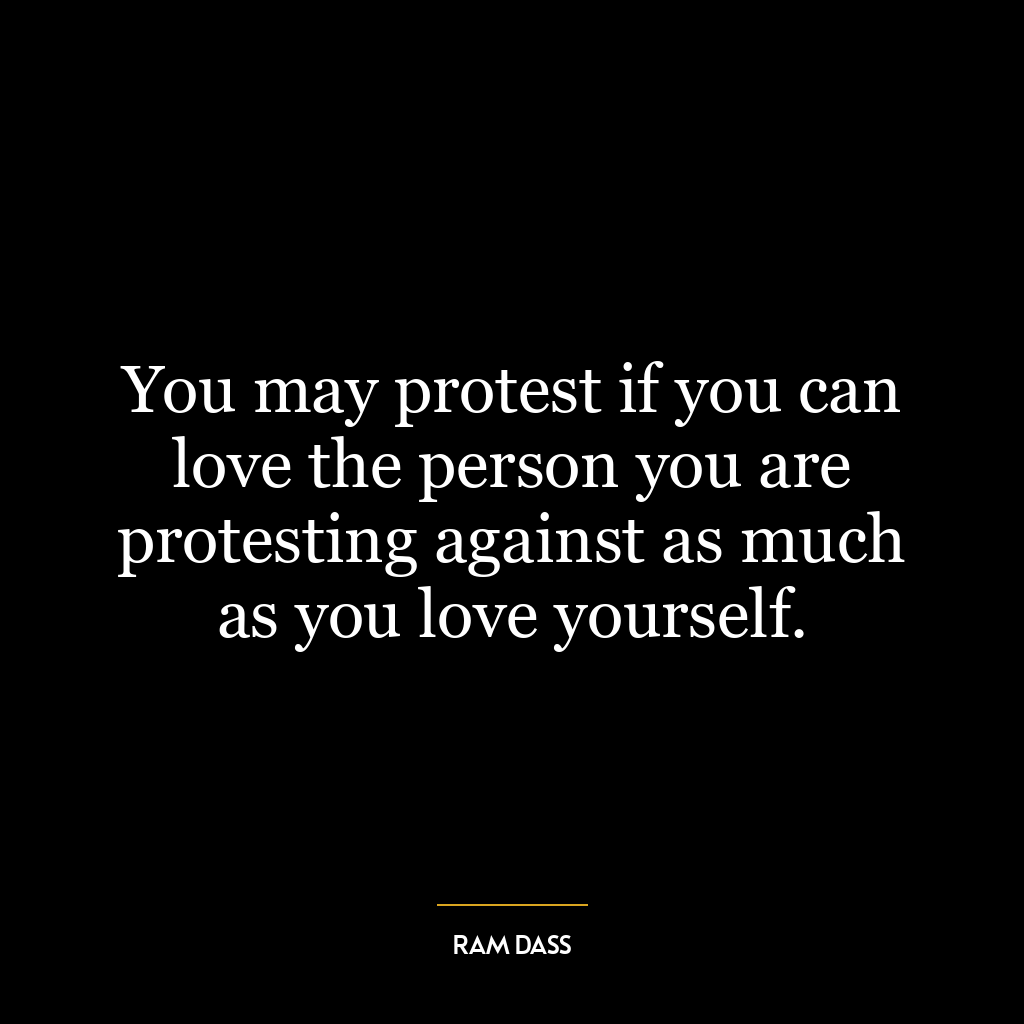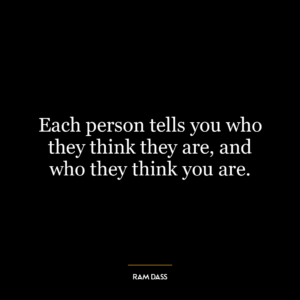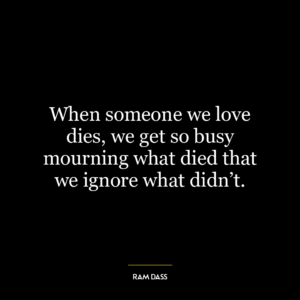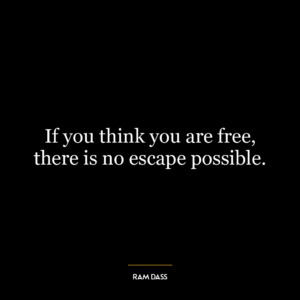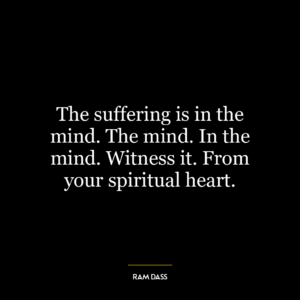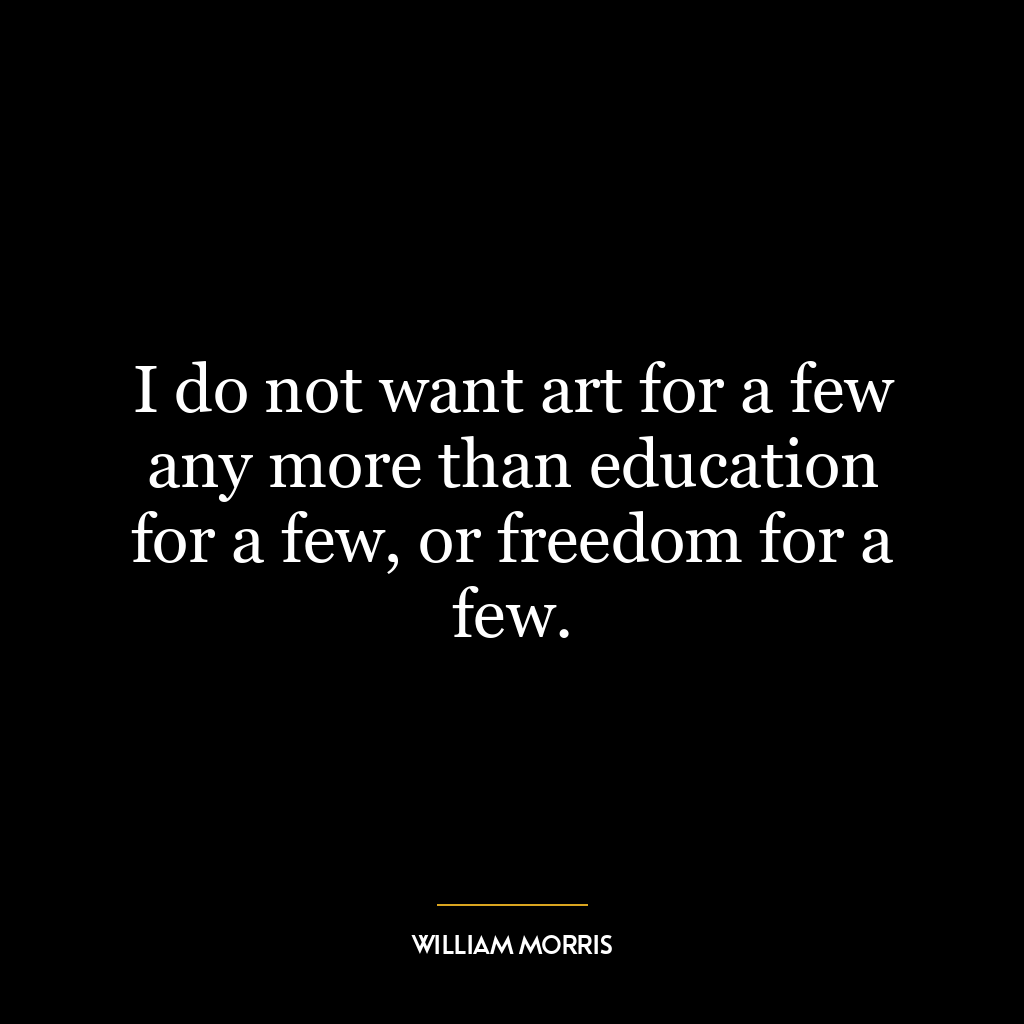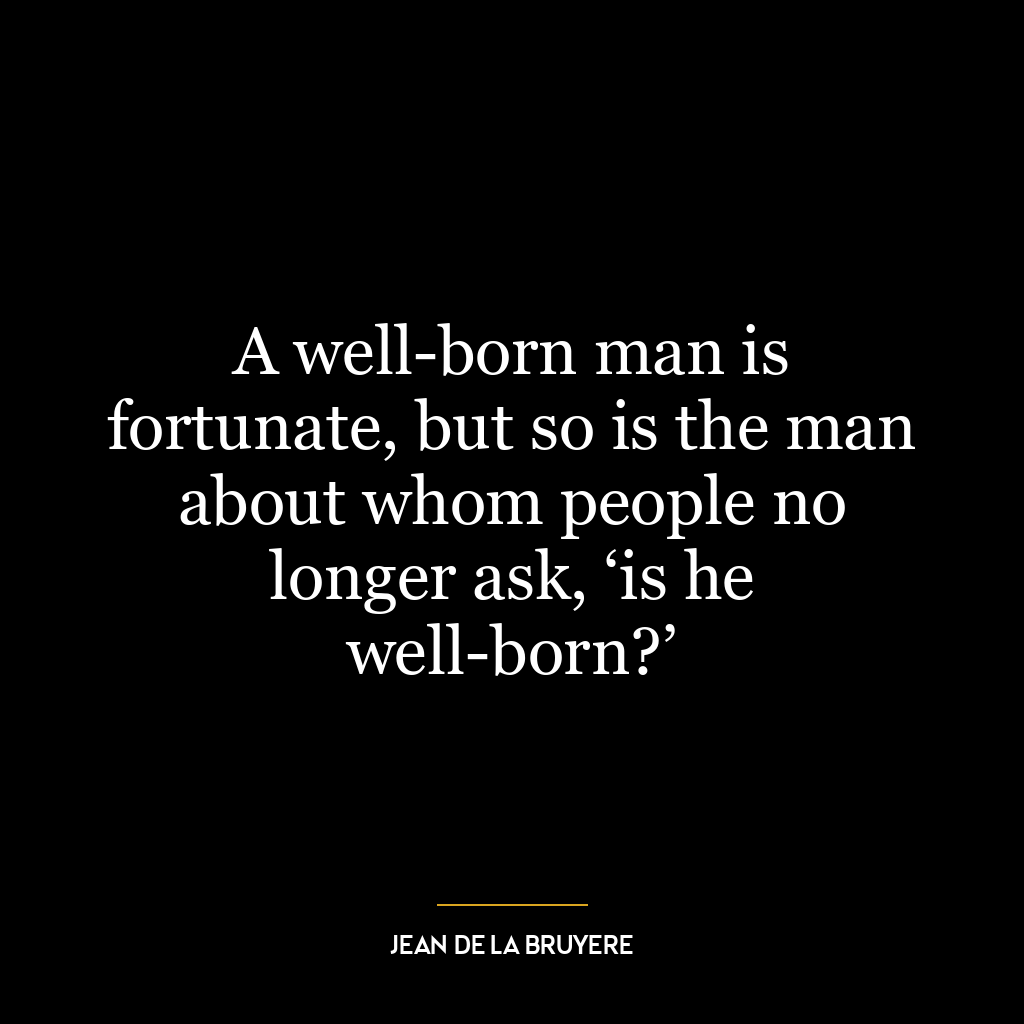You may protest if you can love the person you are protesting against as much as you love yourself.
This quote is a profound statement about the nature of protest and love. It suggests that true protest, one that aims for change and growth, should not be rooted in hatred or animosity towards the person being protested against. Instead, it should be anchored in a deep sense of love, not just for oneself, but also for the person one is protesting against.
The idea behind this is that if you love the person you are protesting against as much as you love yourself, your protest is likely to be more compassionate, understanding, and constructive. It is not about defeating or humiliating the other person, but about helping them see a different perspective, and encouraging them to grow and change. This approach is more likely to lead to a positive outcome, as it fosters dialogue and understanding, rather than conflict and division.
Applying this idea in today’s world, especially in the context of social and political activism, could lead to a more empathetic and effective form of protest. Instead of dehumanizing those with opposing views, activists could strive to understand where they are coming from, and engage with them in a respectful and compassionate manner. This could potentially lead to more productive conversations and a greater possibility of change.
In terms of personal development, this quote could be interpreted as a call to practice empathy and compassion, even towards those we disagree with or those who may have wronged us. By loving them as much as we love ourselves, we can better understand their perspectives and actions, which can help us respond in a more constructive and less reactive way. This can lead to personal growth, improved relationships, and a more peaceful existence.

